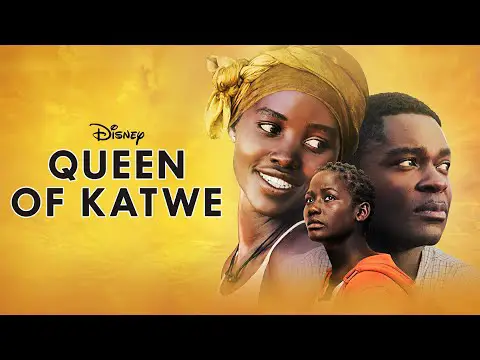Chess in Africa: Traditions and Challenges
05/03/2023 - Actualizado: 01/05/2023
Chess, a game of strategy and skill, is becoming increasingly popular in Africa. Although it has a long tradition in parts of the continent, including Egypt and Ethiopia, the game is still relatively new to many African countries. This article explores the traditions and challenges of chess in Africa, and how it can be used as a tool for education and development.
Chess in Africa: Traditions and Challenges
1. The Historical Significance of Chess in Africa
Chess has a long and storied history in Africa, dating back to ancient times. In some countries, such as Egypt, chess was even considered a spiritual practice. Chess traditions in Africa have been passed down through many generations. Despite this historical significance, chess still faces significant challenges in Africa today.
2. The Challenges of Developing Chess Talent in Africa
One of the biggest challenges facing chess in Africa is the lack of resources for developing talent. Chess programs and resources are often scarce, and many young players do not have access to the training and coaching they need to reach their full potential. This makes it difficult for African players to compete on the international stage.
3. Overcoming Gender Barriers in African Chess
Another challenge facing chess in Africa is the persistence of gender barriers. In many African countries, there are few opportunities for girls and women to learn and play chess. As a result, the number of women who play chess in Africa is significantly lower than the number of men. To overcome these barriers, it is essential to develop programs and resources that actively encourage girls and women to participate in chess.
4. The Role of Technology in African Chess
Technology has the potential to revolutionize chess in Africa. With the growth of online platforms and digital resources, it is now possible for African players to connect with coaches and other players from around the world. However, access to technology can be limited in many parts of Africa, which means that some players still face challenges in accessing this important resource.
5. The Future of Chess in Africa
Despite the challenges facing chess in Africa, there is reason for optimism about the future of the game in the region. As more resources and opportunities become available, African players will have more chances to learn and develop their skills.

With the right support and investment, African chess players have the potential to compete at the highest levels of the game.
Frequently Asked Questions
What are the traditional forms of Chess played in Africa?
In Africa, there are various traditional forms and variations of the game of Chess. One of the most popular traditional forms is the Ethiopian Chess, which has been played in the country for centuries. Another traditional Chess form in Africa is the Man Cows, played in the countries of Tanzania and Kenya. These traditional forms of Chess often have distinctive rules and pieces specific to their regions. Despite their differences, these traditional versions of Chess have a strong cultural significance for the African people.
What are some of the challenges facing Chess in Africa?
Unfortunately, Chess in Africa is facing several challenges that threaten its growth and development. One of the main challenges in Africa is a lack of resources, including financial support and adequate Chess facilities. Another challenge is a lack of skilled trainers and coaching, making it difficult for players to improve and reach their full potential. Additionally, Chess struggles to gain recognition as a mainstream sport and is often overshadowed by other popular sports in the region.
How is Chess helping to improve education in Africa?
Chess is recognized to have various benefits for young people, including increasing their analytical, critical thinking, and problem-solving skills. Several initiatives have been developed in Africa that uses Chess as a tool to support education, particularly in the areas of STEM (Science, Technology, Engineering, and Mathematics). Chess has been used to teach math concepts and serves as an innovative instructional technique to support learning outcomes in these fields.
What is being done to promote Chess in Africa?
There are several initiatives in Africa to promote Chess and its benefits throughout the region. One of these initiatives is Chess in Schools, which seeks to introduce Chess as part of the curriculum in primary schools. Other organizations have developed Chess tournaments, coaching clinics, and other activities designed to recruit new players and build skills. The African Chess Confederation (ACC) works with national Chess federations to promote and develop Chess throughout the continent.
In conclusion, chess in Africa has deep roots and long-standing traditions, but also faces significant challenges. The game is widely recognized for its ability to develop critical thinking skills and strategic planning, making it an attractive educational tool for governments and organizations working to improve literacy rates and academic achievement among youth. However, many African nations lack the resources and infrastructure needed to grow and support a vibrant chess culture. Despite these obstacles, there are many dedicated players, coaches, and enthusiasts working to promote the game and build a sustainable community. With continued investment and support, chess has the potential to become a powerful force for positive change in Africa.
How soon do you see Africa fighting at the highest level?
⭐️ If you want to know more about other articles similar to Chess in Africa: Traditions and Challenges you can visit our category Chess History. We are waiting for you inside 👍


Leave a Reply